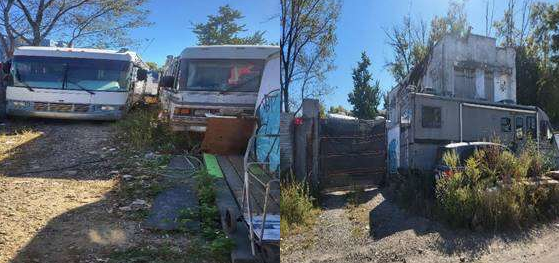By Davida Singer
In the 1980’s the WOW Café Theater on East 4th was a Mecca for women’s performance work, and it was there that Theresa Diamond began her writing career. Since then, Diamond’s work has been produced at numerous New York venues, including Dixon Place and La Mama, and her newest play, “Rose Toibin”, an Irish, lesbian drama, brings her back to WOW just in time for St. Patrick’s Day.
“I was drawn to theater by the open forum for women at WOW, and because of the performance art scene energy at the time,” says Diamond, who also holds two history degrees, and does grant writing to support her creative work. “I love the collaborative aspect of playwriting, the combination of first writing alone and then taking it to a group of people. My influences have been Picasso, the Impressionists, and writers like Audre Lorde and performance artists Holly Hughes and Split Britches-for breaking down barriers and roles.”
Diamond’s themes involve social and political satire, and the genesis of “Rose Toibin” was her reaction to a PBS special on Irish immigration, particularly the section on the Irish famine of 1848 and how it affected family.
“It told how the oldest daughters were often sent to New York to work, while back in Ireland, families were dying,” Diamond, 48, said. “The play began as a monologue, and as it developed it was interesting to me as someone with an Irish background, how the family pattern can survive over generations, how the oldest girl continues to save the family.”
Described as a drama “with a streak of comedy”, the plot of “Rose Toibin” involves two time periods, two sets of characters and stories that run parallel to one another. In the first, Rose works as a servant girl in a New York mansion, where she receives deadly news in the form of letters from Ireland, and develops a strong bond with Sally, another maid in the house. The second is a contemporary tale of two scholars. Charlotte is a professor-without tenure-who’s written a thesis on the time and diary of Rose’s life. Enter Simone – young and “full of sparks”. The two have an affair, and together reopen Charlotte’s study of the 19th century women.
“I’m fascinated with exploring work and women’s relationship to it, and to love,” says Diamond. “Here, it becomes clear how little a life these Irish women were able to have because of how much and how hard they had to work.”
The play itself has not had an easy life. After last year’s workshop, the entire cast of six left, and Diamond, who is also co-producer, had to hire a director and recast the show.
There is also a new set design by Jim Grosso and lighting by Kate Ashton.
“My director, Alison Tallis, took on quite a challenge,” Diamond notes. “She’s very competent and protective of the actors. For me, the challenge has been keeping my hands off. I had to let go of what it all looked like. This is a more commercial vehicle than before, so it’s about personally seeing something move on.”
And what would she like her audience to move on with after the play?
“I’d like them to think about issues of woman’s place, their limited horizons and what immigrants are up against. Plus, I’d like them to be moved by this history, the story of the Irish Famine. There’s so much of our history that’s invisible. Being Irish isn’t only about step dancing and jolly characters that get drunk.”
“I’d like to also mention my involvement with ILGO, the Irish Lesbian and Gay organization,” she adds. “We’ve been banned from marching in the St. Patrick’s Day parade in New York for years. This idea of Irish queers seems contradictory because the community here is so conservative, and all of this has had a definite effect on me. Something of this is implied in this piece, something about homosexuality and the church. And this year, it seems to have a very special relevance.”






































